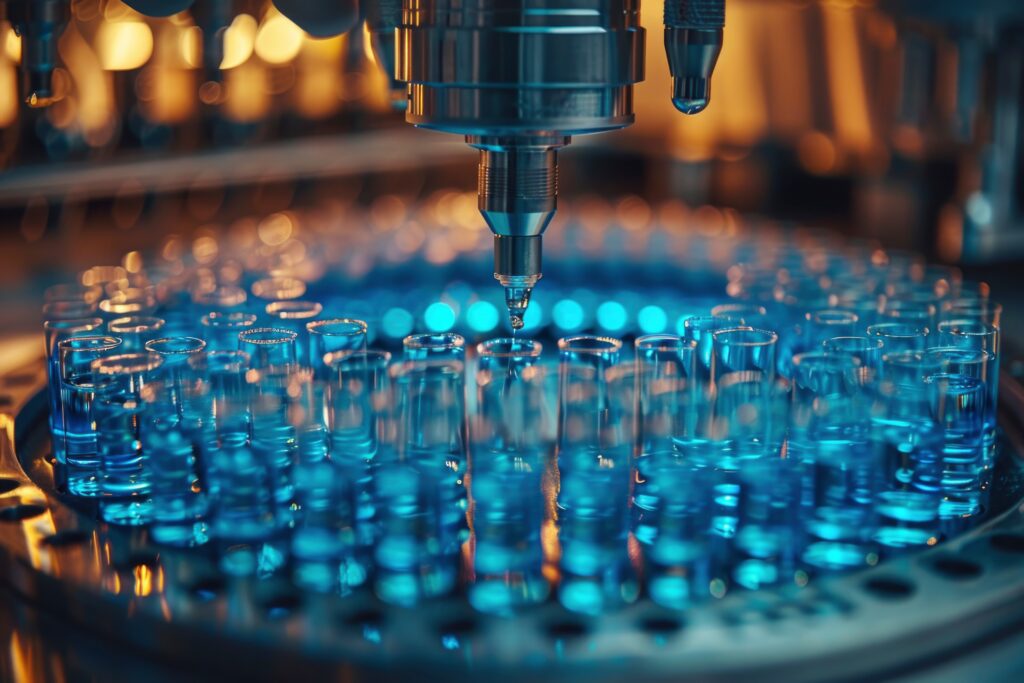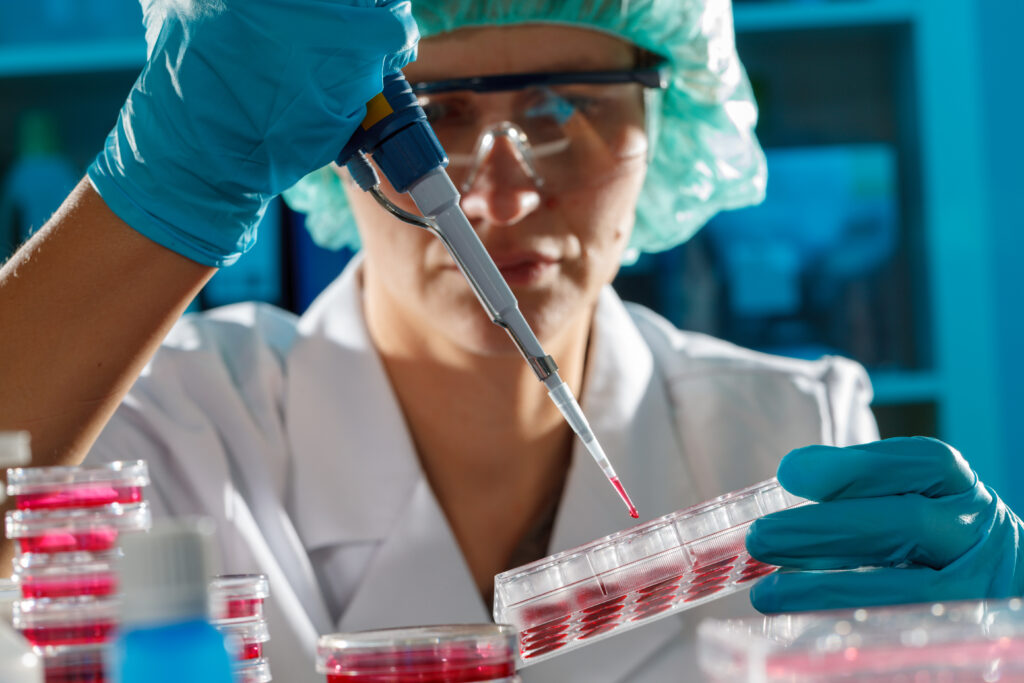As cell and gene therapies continue to revolutionize the healthcare landscape, manufacturers face a growing number of challenges in scaling production and bringing treatments to market efficiently. With patient-specific treatments and complex workflows, cell therapy manufacturing requires unparalleled precision, quality, and compliance. To overcome these hurdles, more companies are turning to cell therapy contract manufacturing partners with expertise in cell therapy manufacturing services that integrate advanced automation solutions.
In this blog, we explore how automation in cell therapy manufacturing can help reduce time to market, improve quality, and ensure regulatory compliance while addressing key challenges in the commercialization process.

Challenges in Cell Therapy Manufacturing
Cell therapy manufacturers face unique challenges compared to traditional pharmaceutical production. These include:
1. Regulatory Hurdles
The regulatory landscape for cell therapy manufacturing is complex and evolving. Companies must navigate stringent guidelines from regulatory bodies like the FDA and EMA to ensure patient safety and product efficacy. Meeting these requirements can significantly delay time to market if processes are not optimized.
2. Supply Chain Issues
The production of cell therapies often relies on a fragile supply chain that includes patient-specific cells, specialized reagents, and cryopreservation materials. Any disruption in this supply chain can lead to costly delays.
3. Precision and Scalability
Cell therapies are highly individualized, requiring precise handling and processing to maintain cell viability and efficacy. Scaling these processes without compromising quality is a significant challenge.
Addressing these issues requires innovative solutions that streamline processes and enhance manufacturing capabilities—and that’s where automation comes in.

How Automation Transforms Cell Therapy Manufacturing Services
Automation in cell therapy contract manufacturing offers a solution to the challenges above by streamlining workflows, improving accuracy, and reducing manual intervention. Here are some of the key benefits of integrating automation into cell therapy manufacturing:
1. Faster Time to Market
Automation reduces the need for manual handling, which not only speeds up production but also minimizes errors. Automated systems can process larger batches and ensure consistency, which helps accelerate time to market.
For example, automated cell culture systems can handle tasks like cell expansion and media exchange without human intervention, reducing the risk of contamination and increasing efficiency.
2. Enhanced Quality Control
Automation systems are equipped with advanced sensors and AI-driven quality control tools that can monitor critical parameters in real-time. This ensures that every batch meets stringent quality standards and regulatory requirements, reducing the risk of costly recalls or delays.
Automated data tracking and reporting also simplify compliance with regulatory guidelines, providing an auditable trail that regulators can review.
3. Scalability with Precision
One of the biggest hurdles in cell therapy manufacturing is scaling production while maintaining precision. Automated systems can replicate complex workflows with high accuracy, ensuring that personalized treatments remain consistent as production scales.
For instance, automated filling and packaging systems can handle cryopreserved cell therapies with precision, ensuring that each dose is correctly labeled and preserved.
Key Automation Solutions for Cell Therapy Manufacturing
Several automation solutions are transforming cell therapy manufacturing, including:
1. Closed-System Bioreactors
Closed-system bioreactors control all aspects of cell culture, including media exchange, gas regulation, and waste removal, within a sealed environment. This minimizes contamination risk, improves consistency, and allows for real-time monitoring and process control.
2. Robotic Platforms for Cell Processing
Robotic systems can perform complex manipulations, such as cell sorting, washing, and formulation, with high precision and reproducibility. These platforms reduce human error and labor costs while increasing throughput.
3. Automated Cell Counting and Characterization
Automated systems can rapidly analyze cell populations for viability, phenotype, and function. This ensures quality control and provides valuable data for process optimization, reducing variability and ensuring consistency across batches.
4. Artificial Intelligence (AI) for Process Optimization
AI algorithms can analyze large datasets from cell manufacturing processes to identify patterns and optimize parameters. This can lead to improved cell yields, reduced production costs, and faster turnaround times. AI-driven insights allow manufacturers to make data-informed decisions in real-time.
5. Automated Cryopreservation and Thawing
The freezing and thawing of cells are critical steps in cell therapy manufacturing. Automated cryopreservation and thawing systems ensure uniform cooling and thawing rates, maintaining cell viability and functionality. These systems reduce variability and improve the consistency of stored cell products.

Partnering with the Right Cell Therapy Manufacturing Services Provider
Selecting the right cell therapy contract manufacturing partner is critical to successfully integrating automation. Look for a partner that offers:
- End-to-End Solutions: From R&D to full-scale manufacturing, your partner should support every stage of the commercialization process.
- Regulatory Expertise: Ensure your partner has a deep understanding of regulatory requirements and can provide compliance support.
- Automation Integration: Choose a partner that has experience implementing advanced automation solutions tailored to cell therapy workflows.
At Ascential Medical & Life Sciences, we specialize in helping cell therapy manufacturers integrate automation into their production lines, reducing time to market and improving product quality. Our team provides end-to-end cell therapy manufacturing services that streamline processes and ensure compliance.
Conclusion
The future of cell therapy manufacturing lies in automation. By addressing key challenges like regulatory hurdles, supply chain issues, and scalability, automation empowers manufacturers to bring innovative therapies to market faster and more efficiently.
Schedule a consultation with our team to see how our automation solutions can transform your cell therapy manufacturing process and accelerate your time-to-market.


